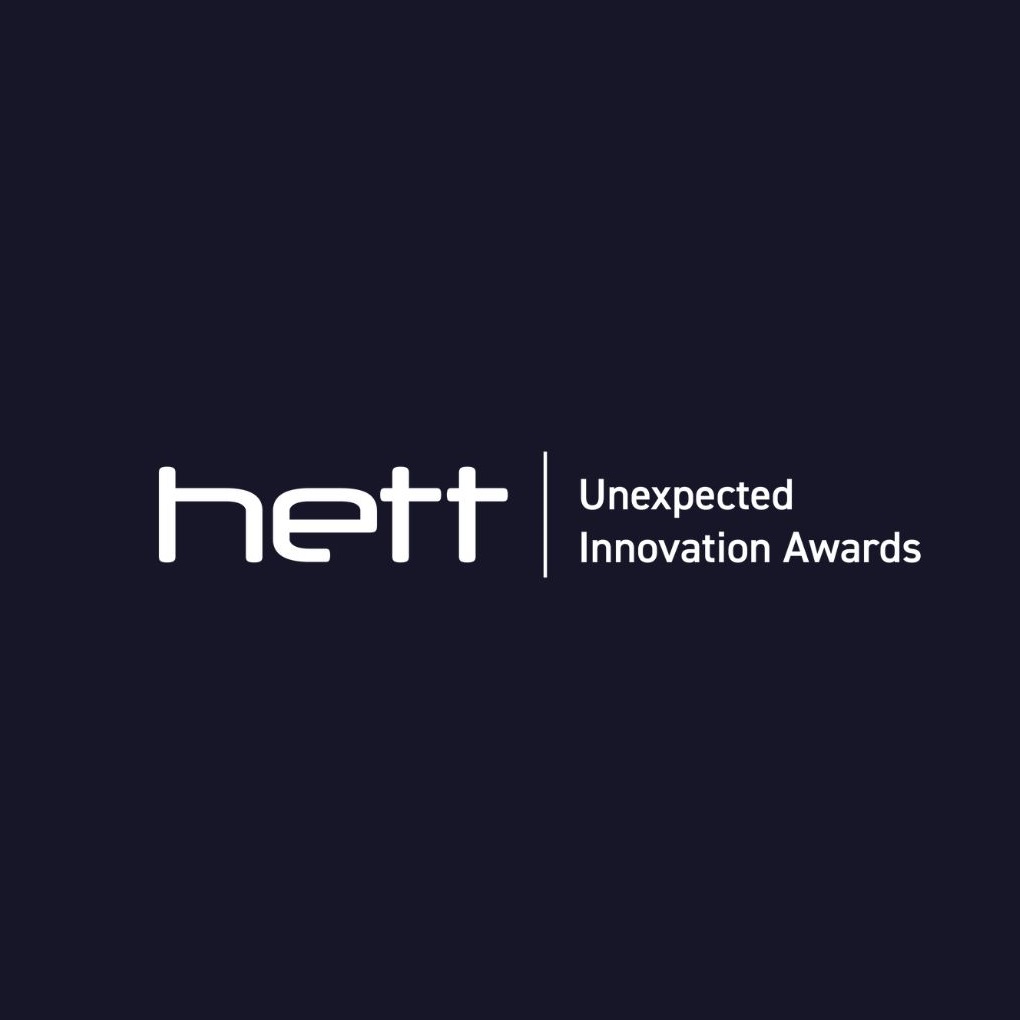The HETT Unexpected Innovation Awards returns in November 2022 to celebrate the very best in experimental design, collaboration, and leadership in digital healthcare.
The event showcases champions of digital health innovation and highlights some great stories of transformation. The awards bring together the health and care ecosystem and highlights best practice examples to inspire more to do the same.
The Digital Team of the Year award celebrates the achievements of collaborative and multidisciplinary teams who have demonstrated excellence in the deployment of digital services and transformation, and positively impacting patient and staff outcomes to deliver unexpected and unprecedented results within their area of health tech innovation.
The three shortlisted submissions for this category are:
Royal Free London NHS Foundation Trust - Innovation & Intelligent Automation (IIA) team
Established in October 2020, the Royal Free London (RFL) Innovation & Intelligent Automation (IIA) team has quickly expanded to 40 people, with growth fuelled by its impact in intelligent automation.
As a dedicated, self-funding team within an NHS provider, the RFL IIA is an unexpected innovation in itself. The team researches and develops radically different NHS services through robotic process automation (RPA), extended realities (XR), software development and artificial intelligence (AI), all with a strong emphasis on user-centred design.
Within three months, the team had established itself as the largest RPA Centre of Excellence in the UK. Within 18 months, the number of trusts supported by RFL IIA to automate back-office and operational processes increased to 63, reducing traditional reliance upon external consultancies.
After being commissioned by the Department of Health & Social Care to create a Covid LAMP testing platform, the team delivered a solution that processed 354,000 tests for 28 organisations. Comprised of staff from RFL, DHSC, Test & Trace, labs, universities and development suppliers, the team worked collaboratively under pressure, providing a blueprint for a new way of working.
The team has also designed a tablet view for paramedics to access whilst on the road, pulling in multiple sources of information. It has been described as a game-changer that will genuinely transform the lives of frontline ambulance crews and patients.
By demonstrating the power of imagination and user-centred design, the team is inspiring and fostering a culture of innovation across the trust and the wider NHS.
The v.FND Service team - St George's University Hospitals NHS Foundation Trust
Access to appropriate and timely inpatient interdisciplinary rehabilitation for patients with Functional Neurological Disorder (FND) has been constrained by the rarity of these services and the expense. There were long waiting list times, and in some geographical areas there was no local inpatient provision whatsoever.
In response to this unmet patient need, the v.FND Service Team set up a virtual service to deliver fully interdisciplinary assessments, as well as the treatment of patients diagnosed with FND.
The v.FND Service Team is comprised of five members specialising in neuropsychiatry, clinical psychology, physiotherapy, occupational therapy, and speech and language therapy. The service is fully digital, with patients receiving assessment and treatment via video-conferencing appointments in their own home. Three and six-month review appointments are also provided following discharge.
In order to design the service, the team worked with key stakeholders including clinical specialists, hospital managers, current and previous patients, and charity groups.
The team adopted an agile approach with key milestone reviews, re-focussing depending on relevant feedback. The service continues to evolve in response to qualitative and quantitative feedback.
Rehabilitation outcomes and healthcare costs were measured after a year using established tools, and there were significant improvements. On discharge, 70% of patients rated their condition as ‘much improved’ or ‘very much improved’.
The cost per patient to deliver the virtual service was £5,000, a tenth of the cost of inpatient rehabilitation. There was also a 90% reduction in referral to treatment time for these patients.
NHS Lancashire Procurement Cluster - Logistics and Supply Chain ELHT Theatre Team
Inventory control and logistics is an often-overlooked discipline in the NHS. It can also be unnecessarily expensive and inefficient, diverting resources away from patient care.
The work of the Logistics and Supply Chain ELHT Theatre Team has saved £2 million and vastly increased patient safety and experience.
The team, consisting of 20 staff members in Blackburn and Burnley, has implemented and supported an inventory management and point of care scanning solution across 26 theatres.
The implementation introduced transparency over the stock profile and supply chain. Ordering is automatic and driven by actual consumption. The process includes the scanning of all consumables used against patient wristbands, giving accurate patient costings, and driving the best patient outcomes. Scans record the lot and expiry dates to check if items are still in date and in the system. This ensures no expired or counterfeit items are used.
It has relieved clinical staff of stock-taking duties, releasing over 160 weeks of clinical time in the last 18 months.
The initial target was to cover all costs within five years, but in the first 12 months it has been repaid threefold with identified savings. It has reduced late starts and ensured that stock outs are now a rare occurrence.
One of the heads of clinical staff has referred to the new process as ‘having stock fairies’, as the stock just appears overnight, and everything is there when it is needed.
Visit the HETT Unexpected Innovation Awards 2022 website for more information about the categories and the upcoming awards ceremony.

The HETT Unexpected Innovation Awards will take place on 23 November 2022 to celebrate the very best in experimental design, collaboration, and leadership in digital healthcare.
%20(1).png?width=500&height=58&name=HETT%20insights%20logo%20RGB-04%20(1)%20(1).png)

